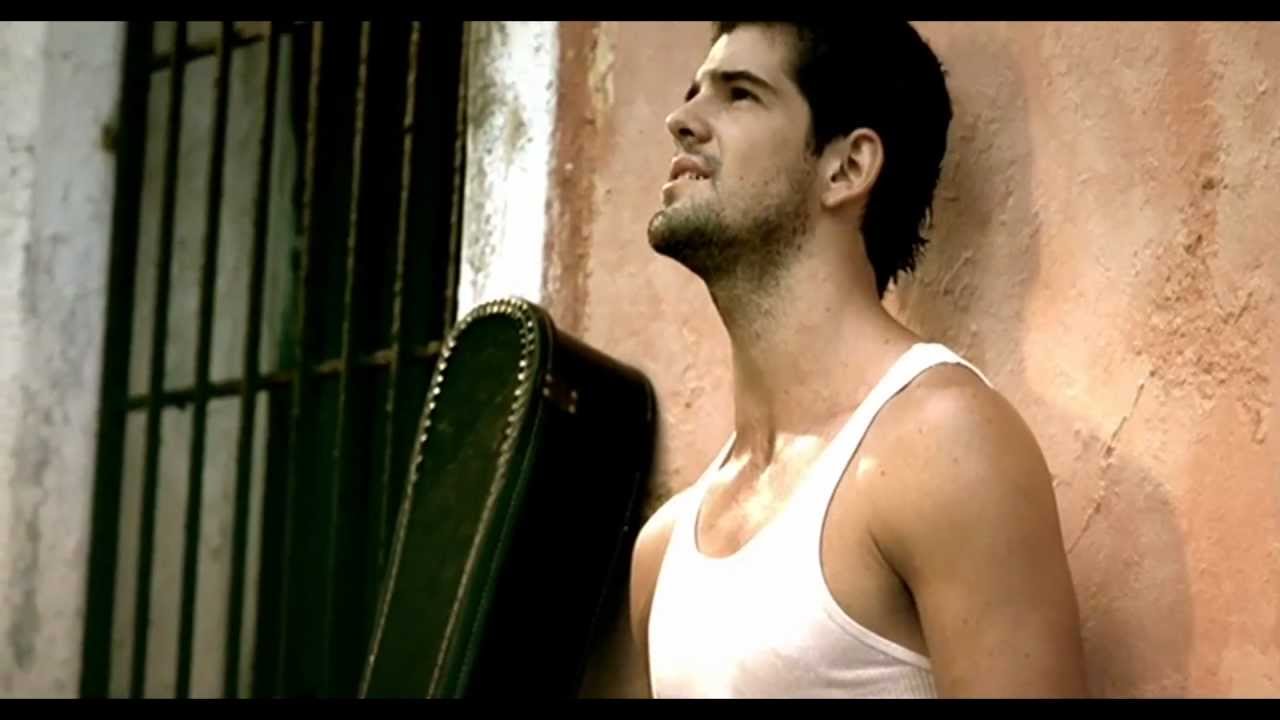Contenidos
Miguel ángel muñoz miguel ángel muñoz
Presumed guilty
In an extreme situation like confinement, that modesty had to be broken on the first day because there was no other way. I stay with her and I have to do everything, from scratch, because she needs me. She makes it easy for me by making me feel good, and I make an effort to make her feel comfortable. Once you do it three or four times, you even laugh. Of course, the respect is absolute. No one is going to see my tata’s breast.
With a huge responsibility. Ours is a perfect relationship that you never want to end, but you know it will end, and we are stretching that time a lot. She’s living for me and I’m trying to make her remaining life as happy as possible, which I’m proud of, but it takes a lot of effort and it takes its toll.
I cry a lot, on camera and off. Before I was careful not to cry in front of her so as not to move her too much. Now it’s all more natural. Those tears are in a therapy session, which I’ve been doing since my beginnings as an actor. For me it was very important to show a real session in the film. It’s part of my life and who I am. And I also needed a space for myself living 24 hours a day with her in a space of 35 square meters.
Alextopdancer
Economist personally and professionally committed to an ambitious approach to: 1) Meet climate targets of the Paris Agreement 2) Address a transition to a low carbon economy 3) Achieve the Sustainable Development Goals.
A successful energy transition starts with a rigorous diagnosis of the country in terms of energy consumption and production, transformation processes and energy emissions associated with each sector of the economy. Weaknesses and strengths will emerge from this diagnosis, which must be well understood in order to set priorities. Once the previous step has been addressed, short-, medium- and long-term objectives must be set, aligned with the climate objectives of the Paris Agreement,…
A step forward
Carmen Herrera: Entre malvados, your new book of short stories, unlike the previous ones, revolves around the same theme: violence. How did this change in your approach to writing come about?
C. H.: You say that Donde el Borgión se esconda was the most laborious story and as a reader I find it a very interesting final counterpoint: on the one hand, it is an obvious homage (from the title itself) to Borges’ literature and also to traditional mythical or legendary literature. But, above all, because it deals with a type of everyday violence that begins in education and is based on aspects such as manipulation and fear. Tell me a little more about where you wanted to go with it.
For me it is also very important to talk about the theme of the Enlightenment, how that project of liberation through culture and progress that it meant for Europe and the world has blown up, with the crisis that we have been dragging since World War II and Nazism. As if we had been told that there is no way back, that it has been ruined and nobody trusts in that, beyond the economic crisis, which has become an excuse, to say that now everything has collapsed. But I think it had been collapsing for a long time.
As sapiens
Without a doubt, learning to sing and dance (laughs). When caring is done out of absolute love, it’s easier for you. Unlike the series, surrounded by professional singers and dancers, here I just had to follow my heart to take care of my tata in the best possible way. Although it has been tremendously complicated, I can’t describe it as an effort.
Of course not. Because they were not all my friends Perico, Iván or Alfredo, but people from the profession. My director of photography, José David Montero, came from shooting with John Travolta in Vancouver. He is an example. I told them I couldn’t pay them their usual rate but they accepted. I am very grateful to all those who told me at the first moment “count on me”.




